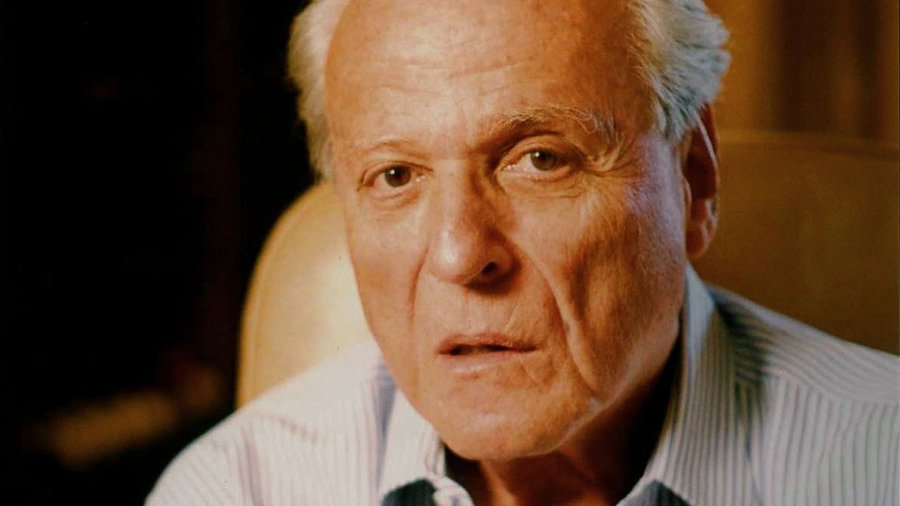Memo to Screenwriters #2: Like E.L. James, You Can Change the Game
In the 1960s, Marshall McLuhan emphasized the value of message and the medium the message uses over its creator. This idea flies in the face of the modern era’s printed book as the ultimate expression of the writer, who toiled in glorified isolation as the big publishing house distributed it magically across the universe. McLuhan went on to predict a wireless world, where all messages are accessed instantly to and from a collective brain–what we now call mobile media.
Ever since authors shed the fantasy of a big publishing house model, many midlist and novice writers have opted to write speculative books delivered to reading tablets–print on demand–once they realized that they had the distinct advantage of having a product they solely owned that could be bought directly online. Now writers manage not only all creative decisions but also their own metadata, including ISBN number and price.
The most successful among them, “Fifty Shades of Grey” author E.L. James, strategized with aggressive genre mastery. She identified and directly engaged with present and future readers in social media hangouts. She insured that the upload to Amazon, iBookstore, Barnes & Noble, Kobo and Sony Reader could truly pay off. Big publishing houses had long overlooked such popular fiction genres as romance and science fiction. Now big houses along with the public (and movie studios), scout for bestselling indie authors.
Which prompts the question: what can screenwriters learn from this?READ MORE





